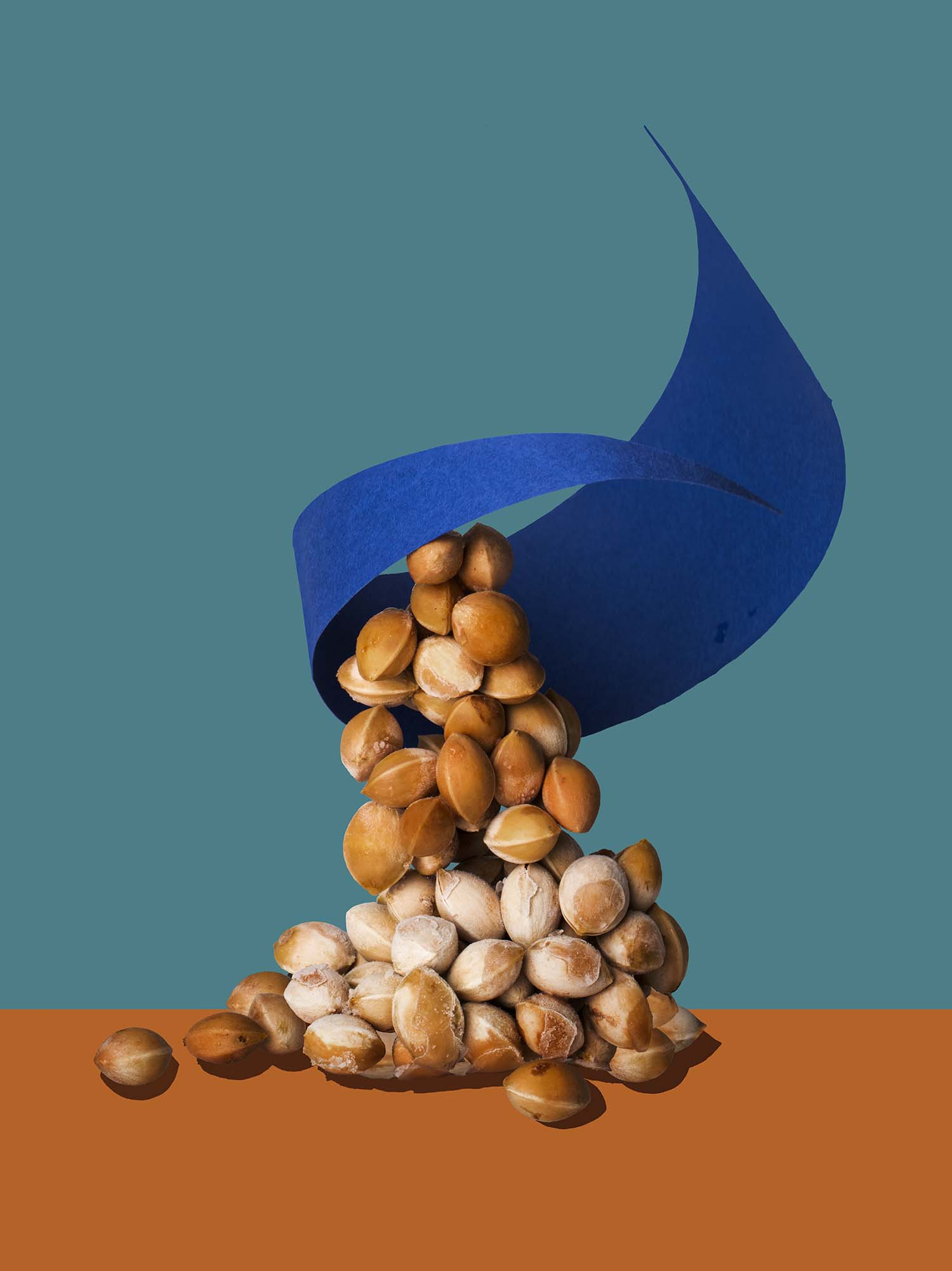
"There are so many ways to express your ideas through photography. Photography is a lump of possibilities and astonishments."
Shinya Masuda was born in Nagoya, Japan in 1965. He graduated from Nagano Art and Design School in Visual Communication Design. Formerly a chef and trained by the renowned photographer HASHi, he now works as a professional photographer.
His ongoing project, HANAFUDA SHOUZOKU, won 2nd Place in the Professional competition Still Life category of the 2018 Sony World Photography Awards.
Hi Shinya, please introduce yourself and tell us a little about your photography
Hi there. I was brought up in Japan. I used to be a chef and owned my own French restaurant, but as soon as I became strongly fascinated by the art of photography, I closed my business in order to study photography seriously. Then, I coincidentally met the renowned Action Still Life photographer, Mr. Hashi, and was invited to work at "HASHI STUDIO TOKYO" as an apprentice. After overcoming the intense training there, I became independent as a photographic artist. And here I am.
Most of my photos are based on my family or what I experienced as a child. The characters never make their appearances, but I let the items related to my family tell the stories.
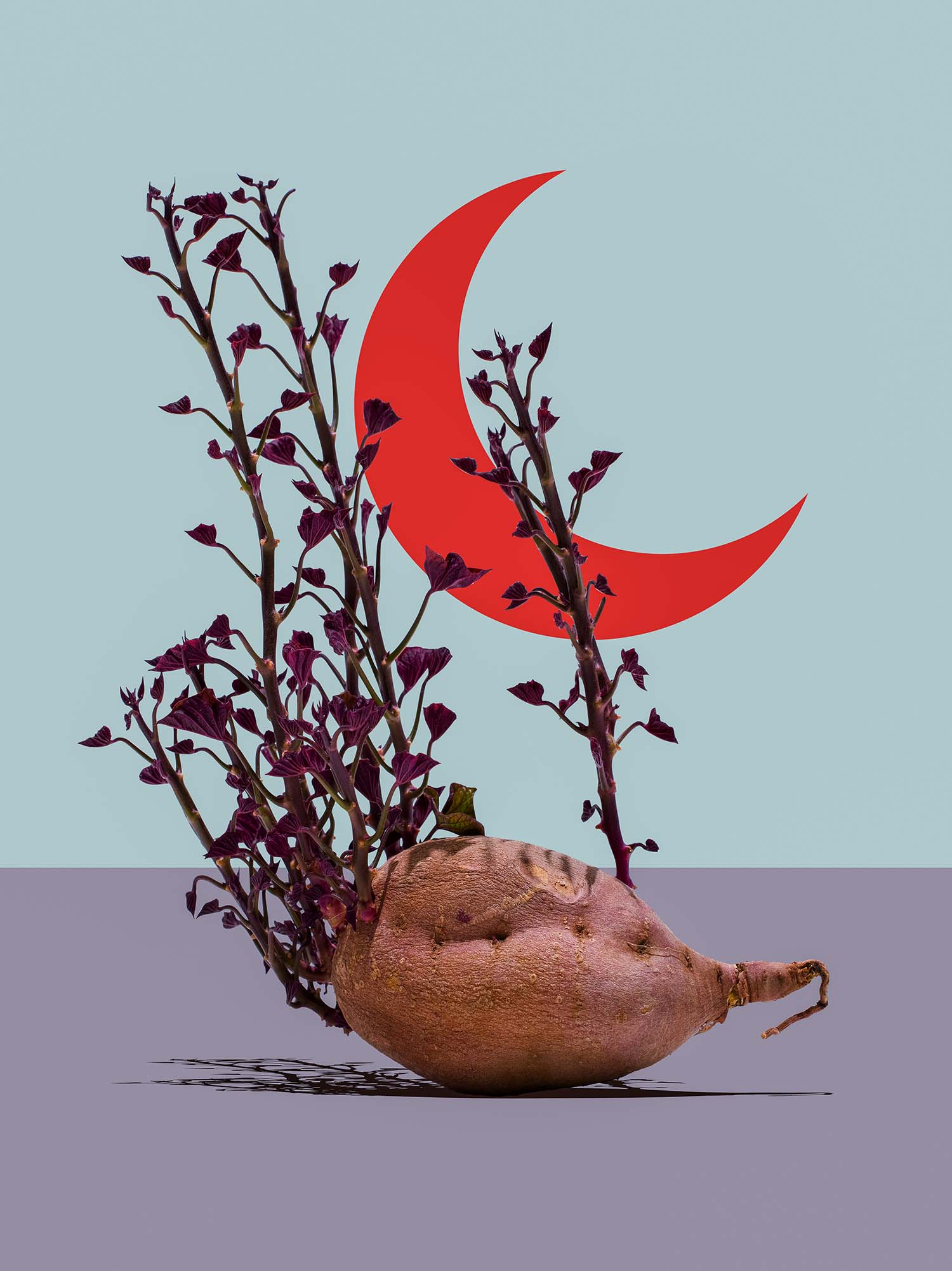
Why photography? What does the medium mean to you?
Back when I was still a French restaurant owner, I was interviewed by a magazine and met a photographer. Once I saw how he brilliantly cut out all sorts of scenes with his camera, I couldn't resist buying my very first camera. And that was the start of my photographic life.
The more I take photos, the more I get crazy about the miracle of what is created by the "coincidence." I cannot find any ways of expression other than photography that can bring coincidence on your side.
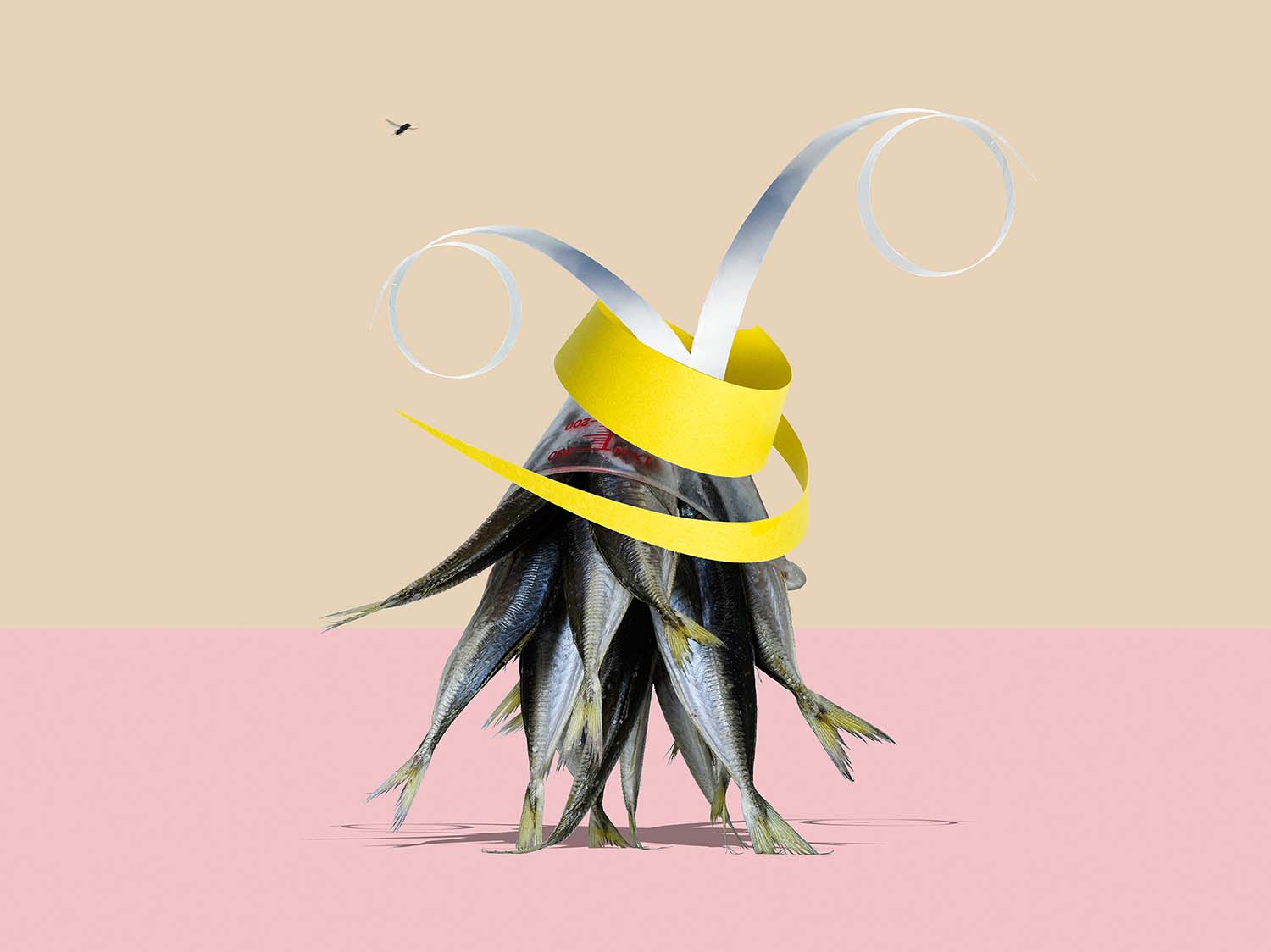
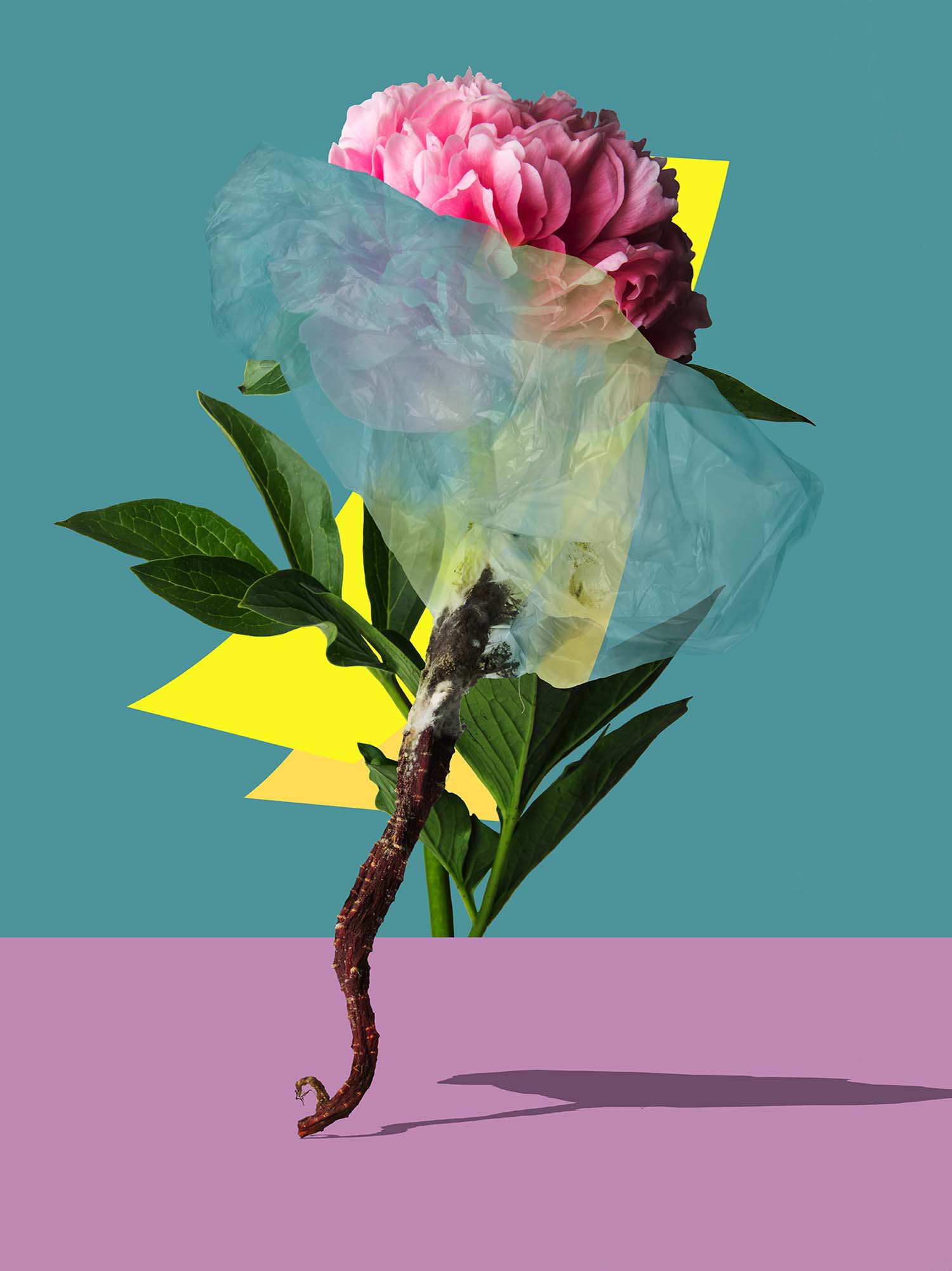
Remind us of your successful series, 'HANAFUDA SHOUZOKU'. Why did you choose these images and what do they mean to you?
My mother often sends me foods, but the quantity of the foods is always in proportion to her deep affection that it is always too much. I frequently spoil a part of them as it is impossible to consume the whole box of foodstuffs. During these times, I felt so guilty that I started taking photos of the rotten foods as a record of her love. To show my gratitude and respect, I portrayed the rotten food as a dead soul and chose one of the Japanese card games Hanafuda as a motif for the last rites.
Hanafuda, or flower cards, is a traditional Japanese card game with items such as a seasonal flower, a bird, an animal, a tanzaku (a poetry ribbon) and the moon, printed on them. These cards depicts the Japanese heritage of cherishing the natural phenomenon through four beautiful seasons.
When I was a child, my grandmother taught me how to play the game of Hanafuda and also the concept of Shogyo Mujyo (impermanence). The concept that I had almost forgotten was revived in my mind when stared at the rotten foods and turned out to be the theme of 'HANAFUDA SHOUZOKU'.
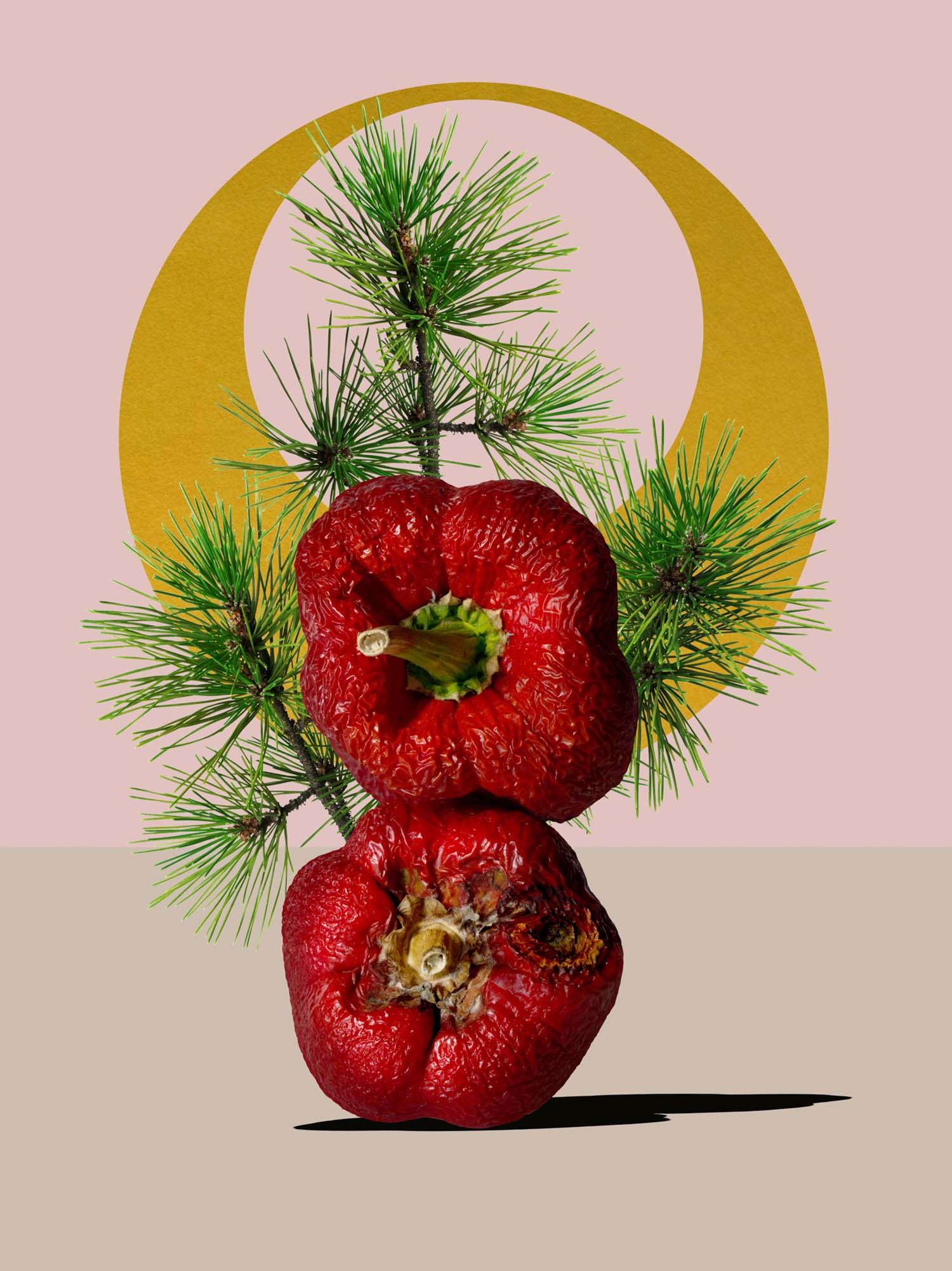
How important are competitions to your work and portfolio? Take us through how you make selections and edits for the awards season
The challenges towards my work are always bold and new. Therefore I often have the moments where I ask myself whether the work is too smug and whether no one will pay attention or not. To be evaluated on a competition level takes me to a higher stage where I can believe more in myself. And that process becomes the source of energy to create my next work.
I try to choose avant-garde competitions consisted of judges with flexible viewpoints; because that way, I feel that my challenges would be perceived in more depth.
You have a unique style of photography. What are you hoping to achieve with the aesthetics in your work?
I am frequently asked, "Is this a photo? It seems like a painting." I simply answer, "It's a photo." Actually this answer symbolizes the most significant point. When people encounter an unknown object of art, they are bewildered for a moment. On the other hand, however, they realize and get relieved by how a part of their mind is liberated. Through my work, I hope that I can leave the message: "Photos can free the mind."
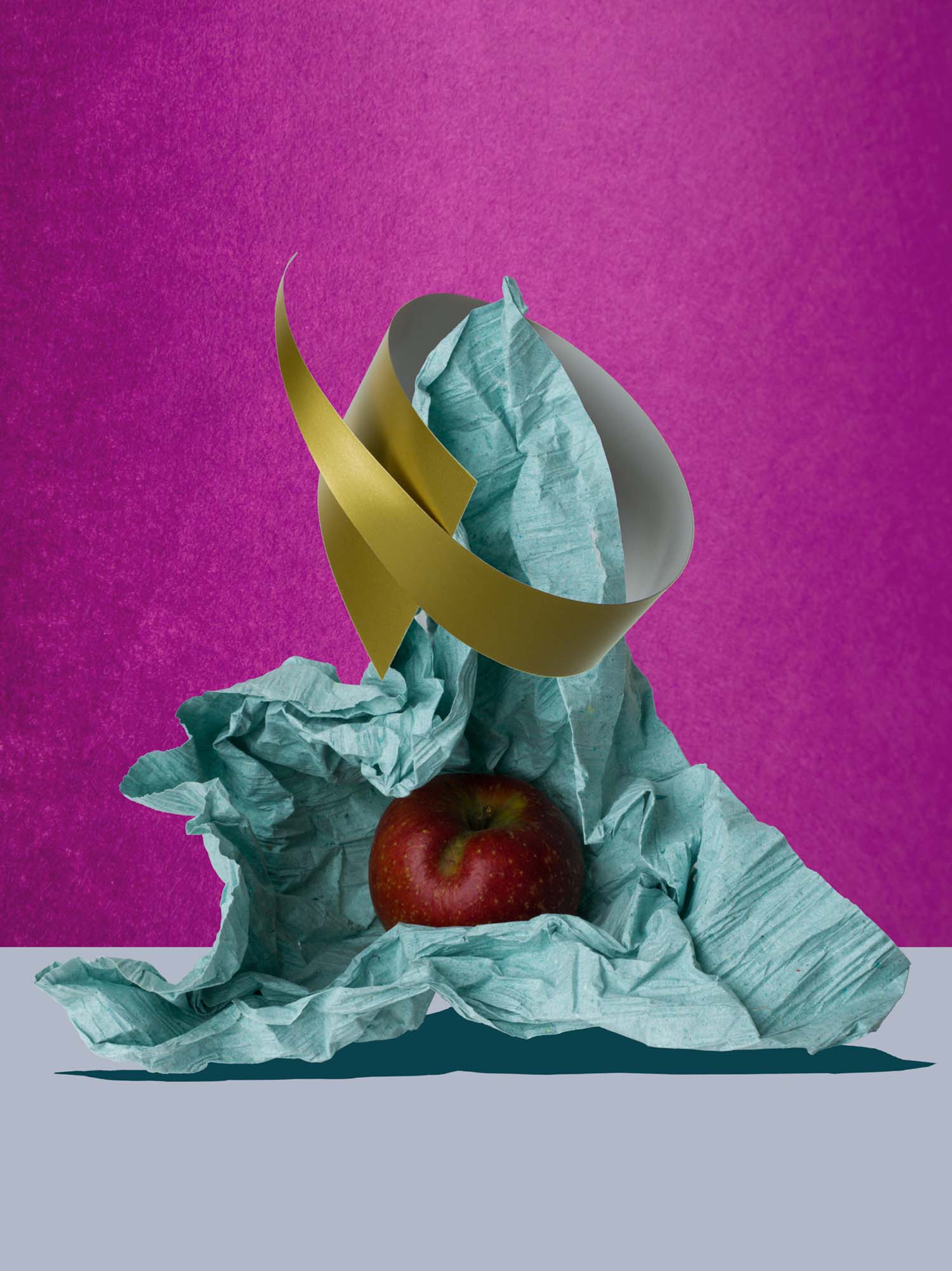
How did your upbringing in Japan and your training as a chef influence your photographic style?
In Japanese minds, there are always deep respect and gratitude towards nature and everything born from nature. That is why I could express my appreciation towards the rotten food even if it is dead. I don’t think I could have come up with this idea if I wasn't brought up in Japan.
The secret of my original composition and tone of still life photos might have come from the years when I was a French chef. I used to challenge unconventional ideas of recipes, arranging the food exquisitely on the dish, the way people can enjoy through with their eyes, as well as taste.
What advice would you give to young photographers just starting out?
With one push on your mobile device, anybody can take a wonderful photo. But before completing the beauty, focus more on being yourself. In order to create the work that can be recognized as your work, the instant people see it, why don't you challenge some eccentric ideas about yourself?
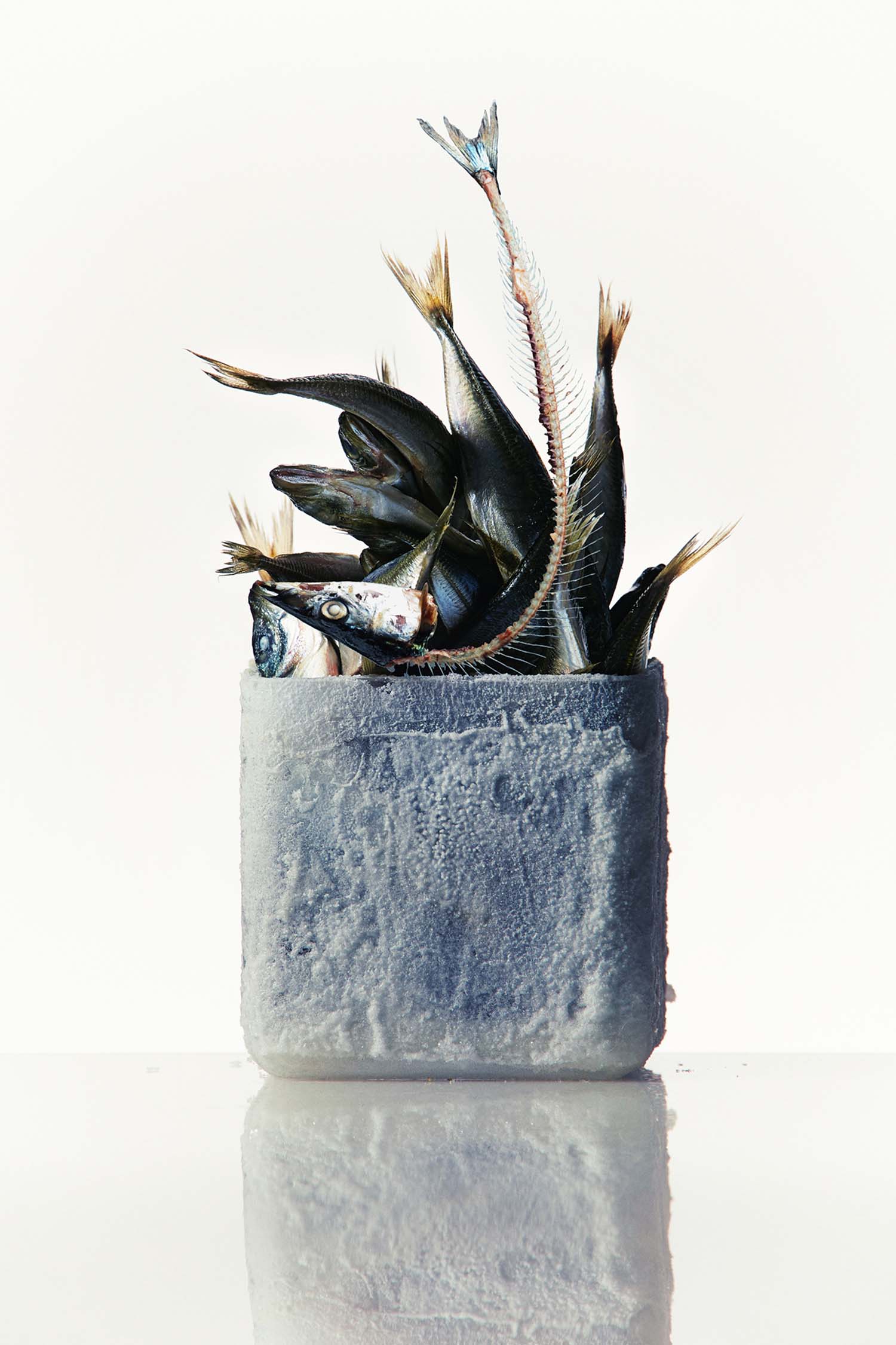
Do you have a photographic philosophy?
If I were asked, "Are desks for work and chairs for sitting?", I would answer "You can lie down on desks and do some writings on chairs." The same can be said about photos. There are so many ways to express your ideas through photography. Photography is a lump of possibilities and astonishments.
Where in the world are you and what's next for you?
'HANAFUDA SHOUZOKU' still continues. There are items like birds and animals that are depicted in Hanafuda, but haven't yet appeared in my project. By adding these characters, I am sure my work will move on to a new phase. Just by fantasizing how I can harmonize the rotten foods and these new items, I am excited and can't wait until the day those images take form.
shinyamasuda.com
worldphoto.org/swpa


